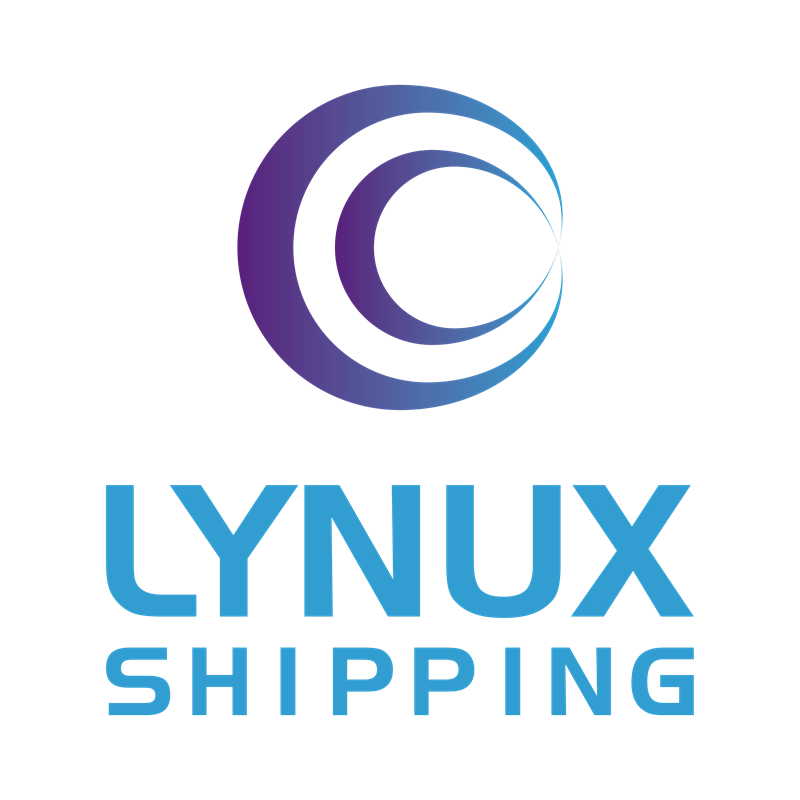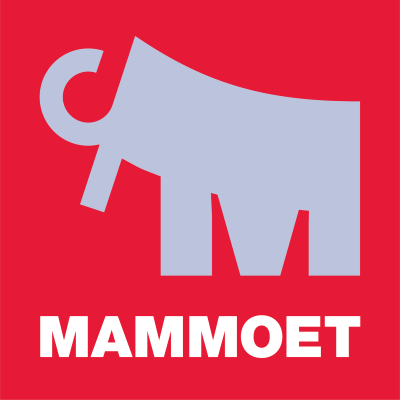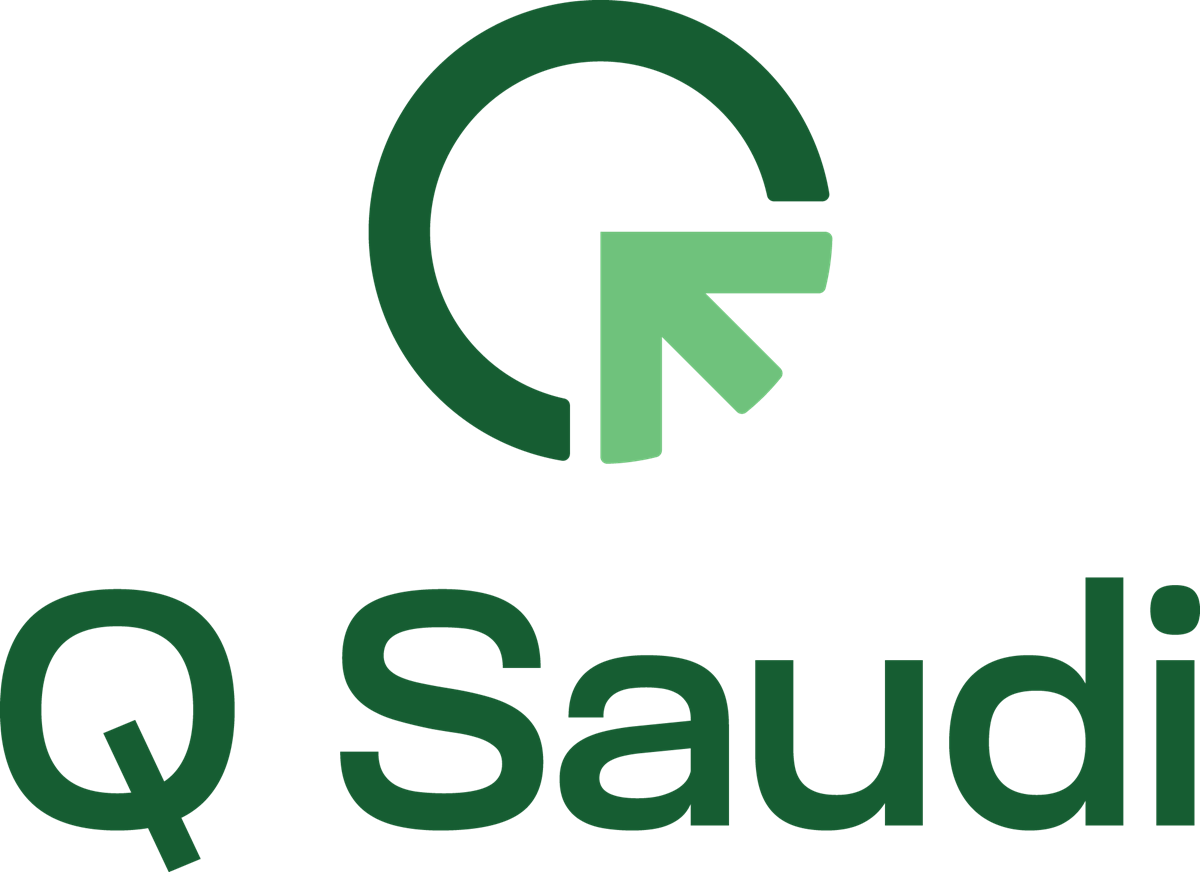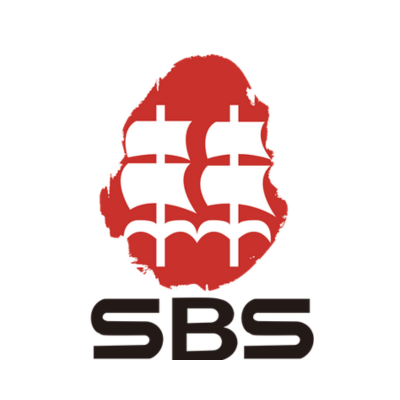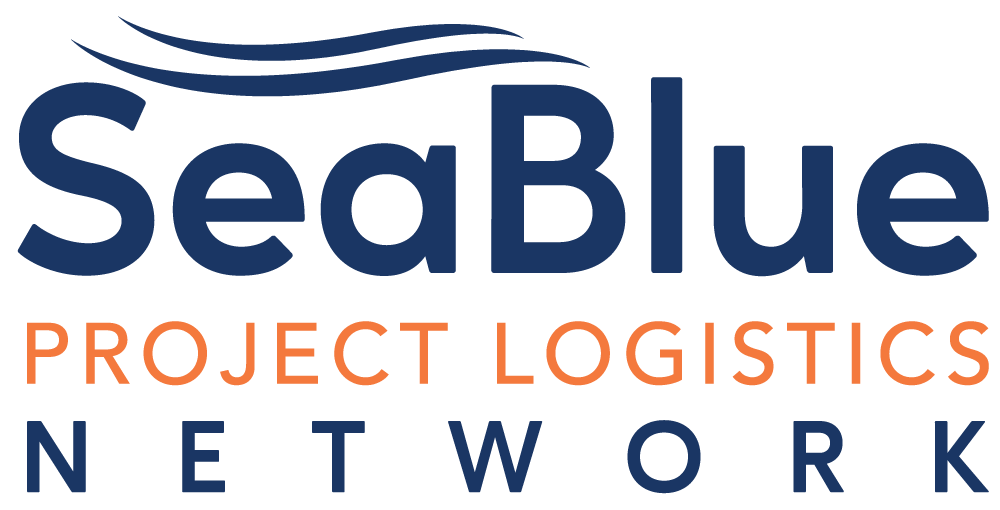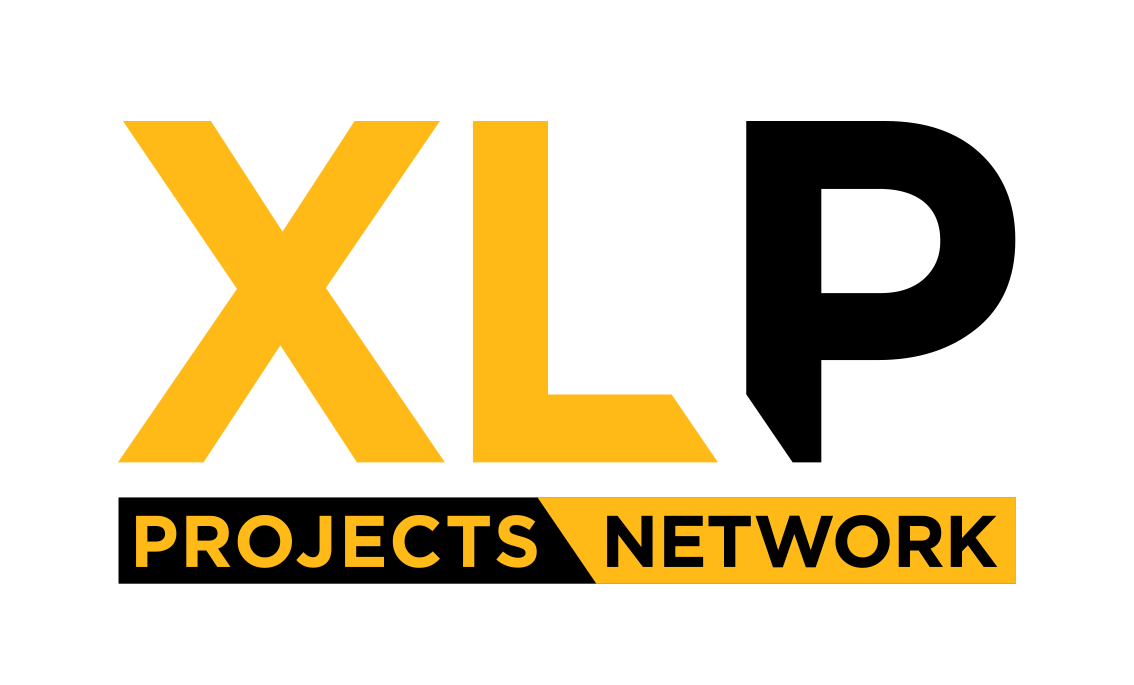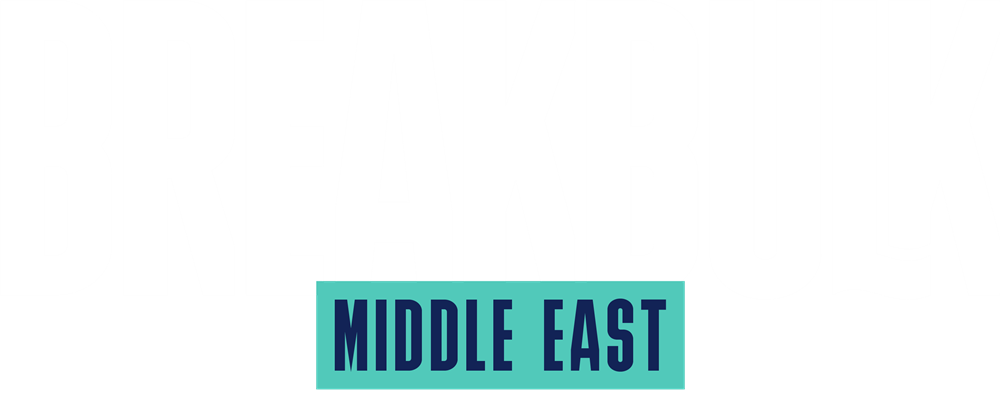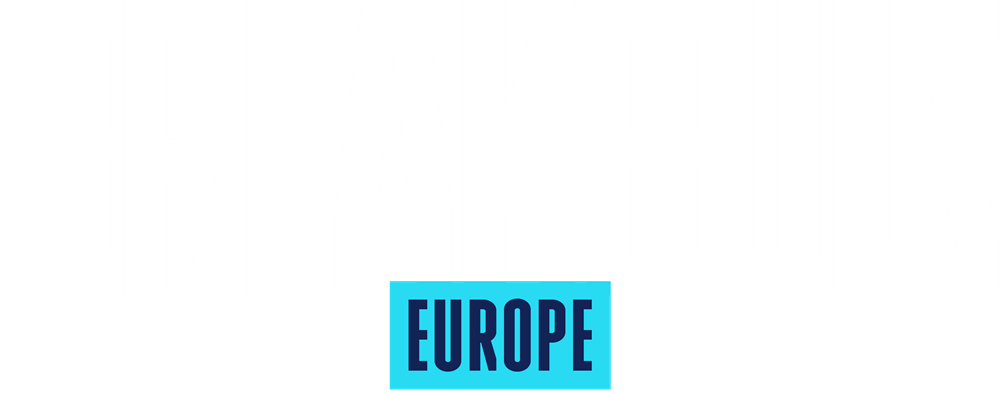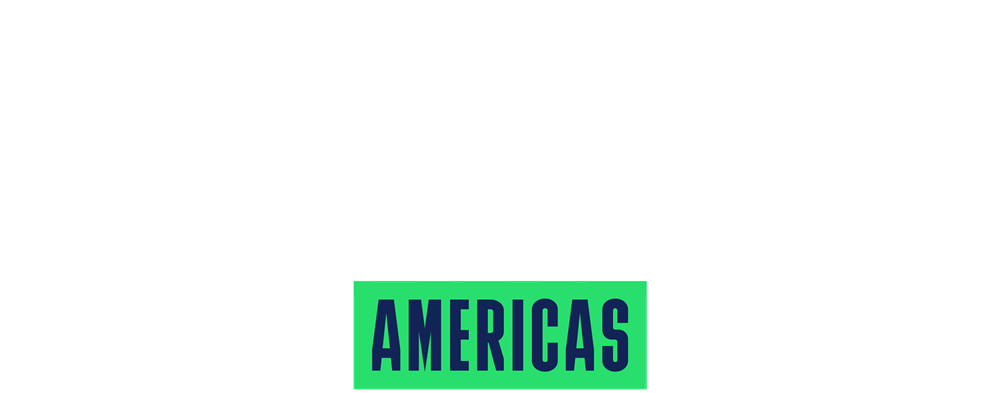Jan 24 | 2020
An interview with Christodoulos Christodoulou, Logistics Lead for ExxonMobil and Kota Ueki Logistics Manager for JGC and panelists for the Africa session at Breakbulk Middle East 2020
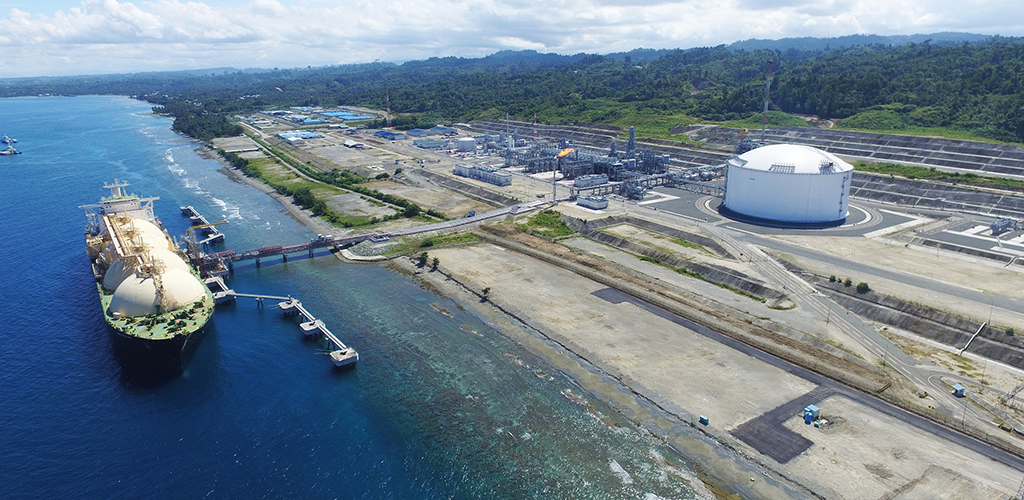
BREAKBULK MIDDLE EAST PREVIEW:
PROJECT OWNER PERSPECTIVE: An interview with Christodoulos Christodoulou, Logistics Lead for ExxonMobil, panelist for the Africa session at Breakbulk Middle East 2020
(The following comments are the interviewee’s personal opinions and not the view of the company.)
Tell us about your role as logistics and infrastructure lead for Rovuma LNG.
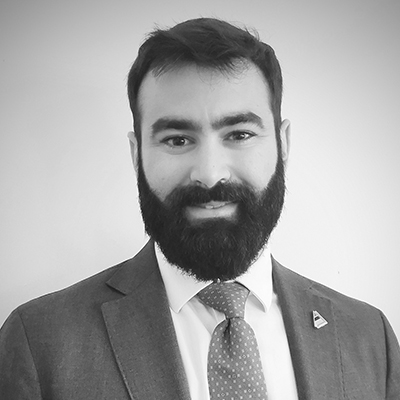 The role of logistics and infrastructure lead for Rovuma LNG is a key role within the project team responsible for the planning, definition and execution of end-to-end project logistics. It covers both material and personnel logistics as well as the definition of the associated infrastructures that are required to allow such logistics activities to occur.
The role of logistics and infrastructure lead for Rovuma LNG is a key role within the project team responsible for the planning, definition and execution of end-to-end project logistics. It covers both material and personnel logistics as well as the definition of the associated infrastructures that are required to allow such logistics activities to occur. In the case of Rovuma LNG, the magnitude of operations combined with location remoteness and lack of existing reliable infrastructure has been the main reason that the project needed to take a closer look on the infrastructures together with the logistics to ensure design and operational efficiency and fitness for purpose for both.
What is the most challenging project you have worked on? What challenges did you face and how were they solved?
Looking back on previous projects, I can recall some challenging projects in Africa as well as in the Arctic and offshore environments, but the most challenging so far is definitely Rovuma LNG. When you combine the magnitude of the operations, remoteness of the location, the lack of existing reliable infrastructure, the security issues, the weather conditions, the environmental and socioeconomic sensitivities, it makes for a complex project that is predictably unpredictable. In such working conditions, our experience shows that advance preparation, conservative planning and team coordination are key elements for success and our teams have already adopted them.
The Rovuma LNG project will involve numerous contractors working simultaneously for Area 4 and Area 1 projects. You are likely to have project cargo coming from many locations. How do you tackle such complex logistics?
Transportation of materials and equipment has been identified as a critical activity since the early stages of the project with a few million tons of cargo expected to enter the country during execution. Our aim is to create the conditions for our contractors to succeed and that includes proper planning.
The existing infrastructures (i.e. northern ports, roads) are constantly monitored and evaluated for their capacity to support the project cargo because we expect them to have a significant role, especially during the early stages of the project. A shared Area 4 and Area 1 port facility (MOF) is under development at Afungi to give Area 4 and Area 1 contractors the ability to offload materials directly to the Afungi site. The port will be operational and will be able to receive direct international project-related cargo in the near term. The transportation piece of the materials is embedded in each contract package and the selected contractors are already looking at different economical options for bringing cargo to the site.
EPC’S PERSPECTIVE: Interview with Kota Ueki, Logistics Manager for JGC and panelist for the Africa session at Breakbulk Middle East 2020
(The following comments are the interviewee’s personal opinions and not the view of the company.)
Tell us about the Rovuma LNG project, its significance to Mozambique and the greater region, as well as the role JGC will play.
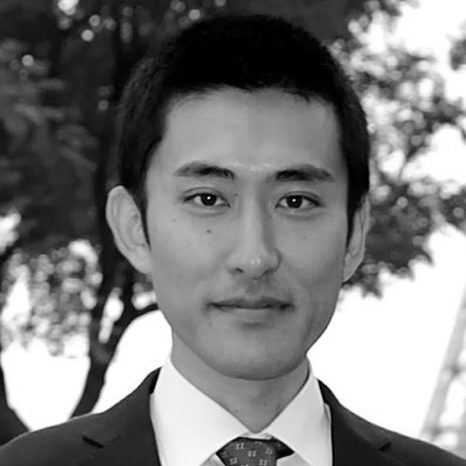 Rovuma is a remarkable project in Mozambique in terms of LNG projects in Africa. It is the biggest in terms of capacity production in the world. The annual production capacity of one train will be around 8.2 million tonnes, which means there will be many technical challenges.
Rovuma is a remarkable project in Mozambique in terms of LNG projects in Africa. It is the biggest in terms of capacity production in the world. The annual production capacity of one train will be around 8.2 million tonnes, which means there will be many technical challenges.There is another LNG project led by Total running in parallel to the Rovuma project, so we will have other facilities, which will be shared with that project. Common facilities such as the port will be shared with both projects. Construction began in November.
For the Rovuma LNG project, it’s not only the plant itself that needs to be built, but also infrastructure and onsite facilities. For instance, we need an airport and camps that must include water, electricity and waste management. Currently, nothing is there, so we need to build everything so people can live and work at the site. We then need to increase the capacity of such a system gradually in accordance with the stage of project.
JGC will be working with several other EPCs, including Fluor and TechnipFMC. What will that collaboration look like?
EPC was awarded to the joint venture among Fluor, Technip and JGC. JGC is the leader of the project among the three parties. JGC will take the engineering, procurement and construction for the LNG process trains. Technip will take off-site and utilities and Fluor will take common facilities like road, camp, etc.
JGC has worked with Technip and Flour previously, such as on the Russian Arctic project. There is another big LNG project in Canada led by Shell, and they have partnered with Fluor on this one. JGC has the experience of working with these partners and it works quite well, however, this is the first time we will join Fluor and Technip on the same project, so it will be interesting to see what happens with the collaboration.
How important is the region to JGC’s business overall? Do you anticipate more projects in Africa?
From the overall point of view, JGC has achieved many projects in Middle East and Asia, and now we are interested in the potential of African gas resources. JGC is always looking for any opportunities in Africa, but we need to remain focused on projects as part of the wider company strategy. We have been focusing on LNG projects rather than traditional oil & gas because they can be harmonized with the worldwide trend and environmental focus.
The project market is now in the transformation phase — its center of gravity is switching toward cleaner energy. LNG must become something like a solution for the intermediate time. There is a huge demand in Japan and inter-Asia for gas, especially in China. Demand for gas is increasing, so we are expecting more LNG projects coming up over the next generation.
Mozambique has huge offshore gas reserves, so the current project is just the beginning of the project’s life with a lot of potential to add more LNG trains. If we succeed in this project, we may have continued involvement in the region.
If a company was planning to pursue project business in Africa for the first time, what advice can you offer?
Rovuma LNG will be the first time for me working in Africa. I worked on the Arctic project previously, so I am not an expert in the region. However, I hope to learn a lot of things through this project experience. It is clear that it is very important to understand the cultural differences of working in Africa — the language, people, culture, ways of doing business and getting to know this environment — this will be the key to success.
Both Kota and Christodoulos will be panelists for the Emerging Market Spotlight: Africa session at Breakbulk Middle East 2020 on Tuesday, 25 February from 13:45-14:30 on the main stage. Register now and don't miss out!
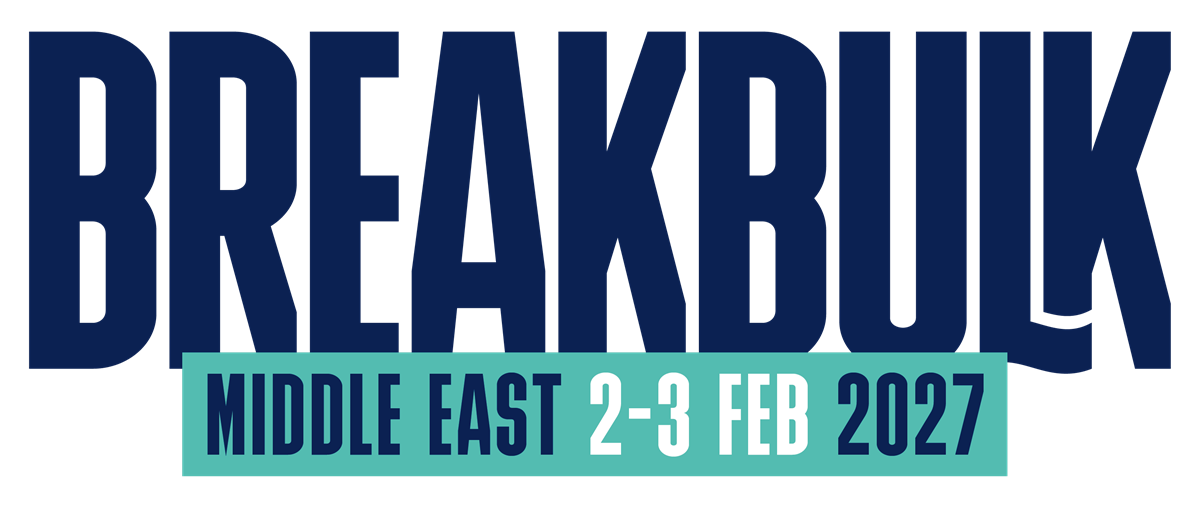
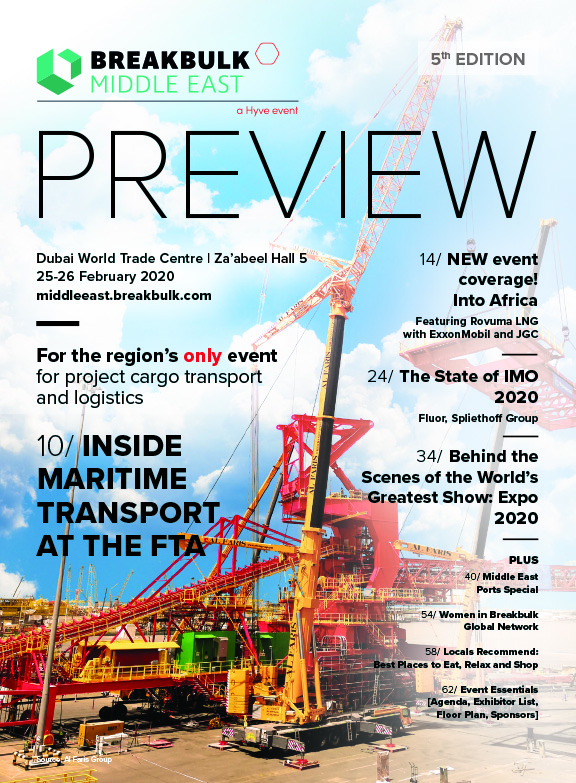
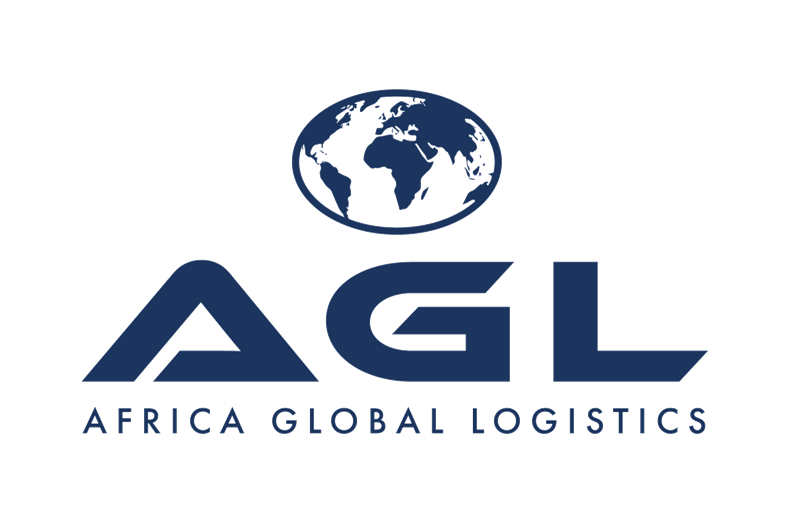
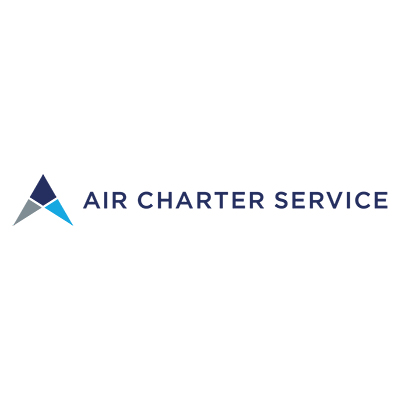

.png?ext=.png)
.png?ext=.png)
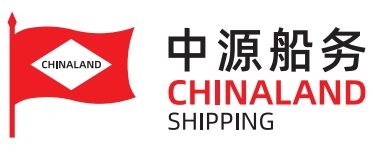
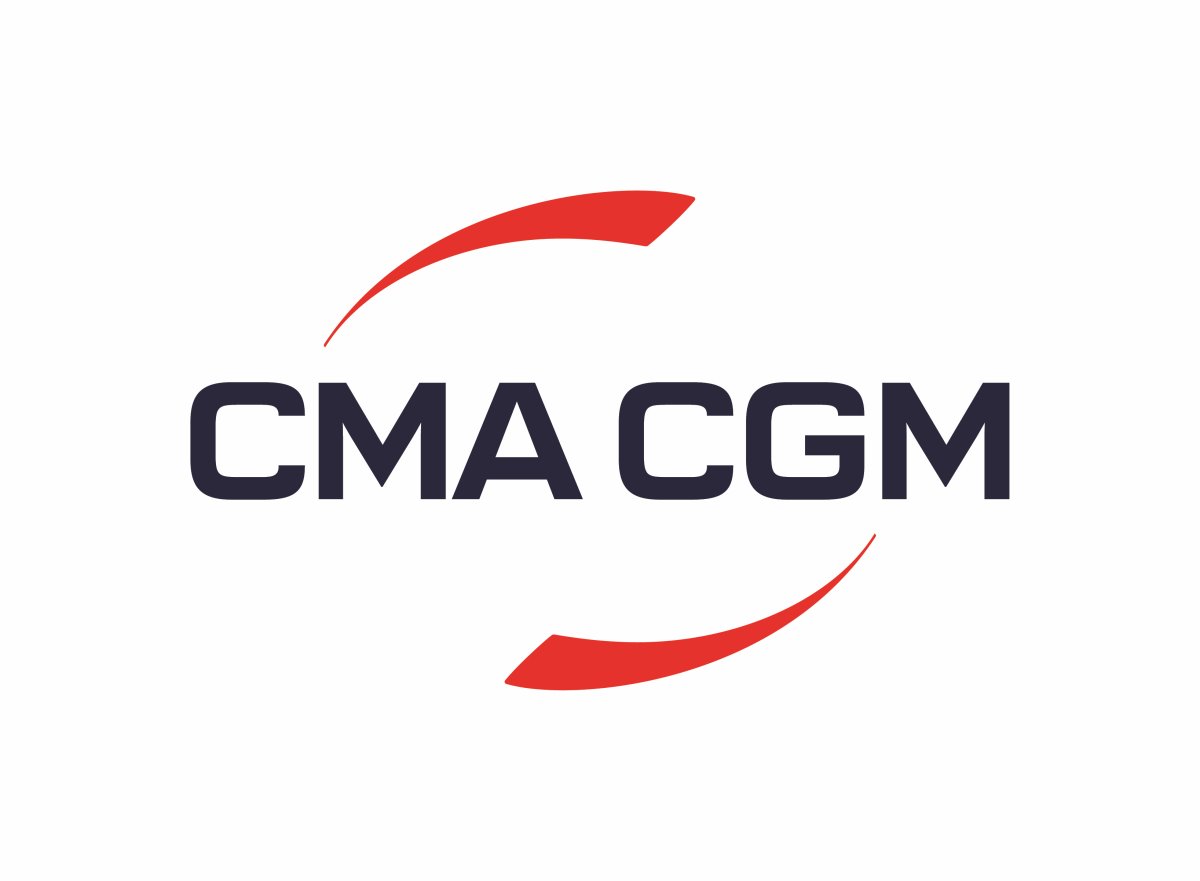
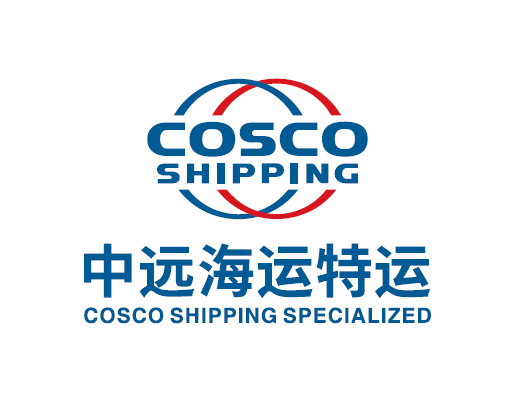
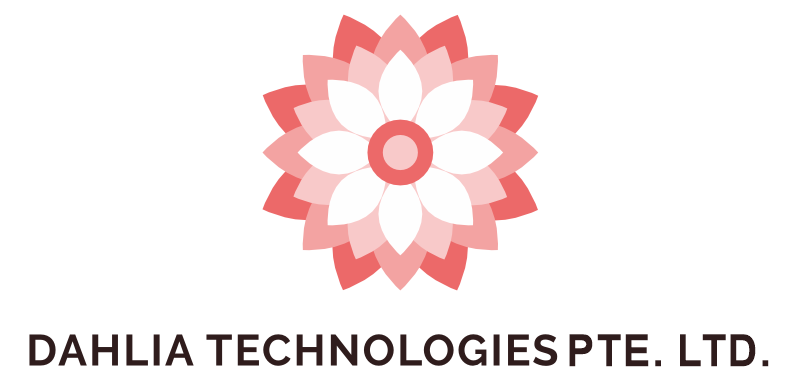
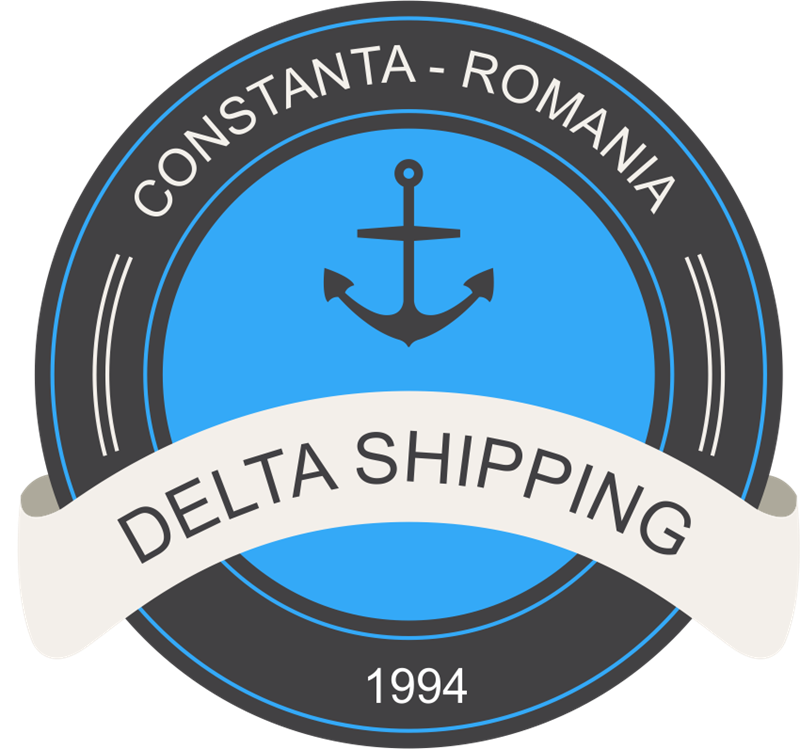

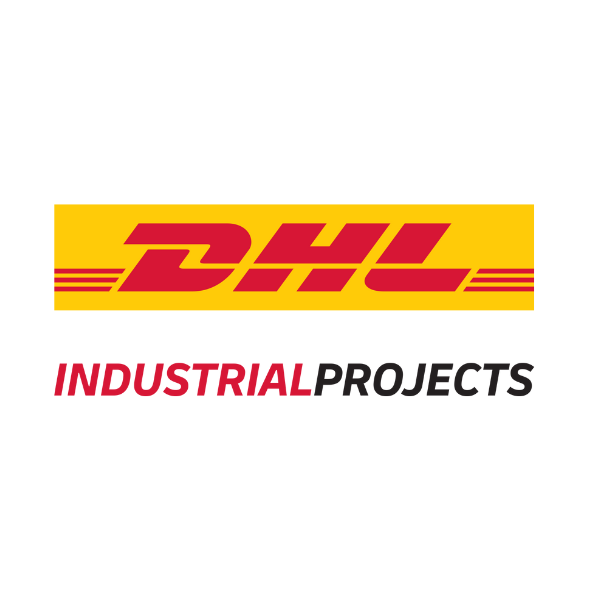
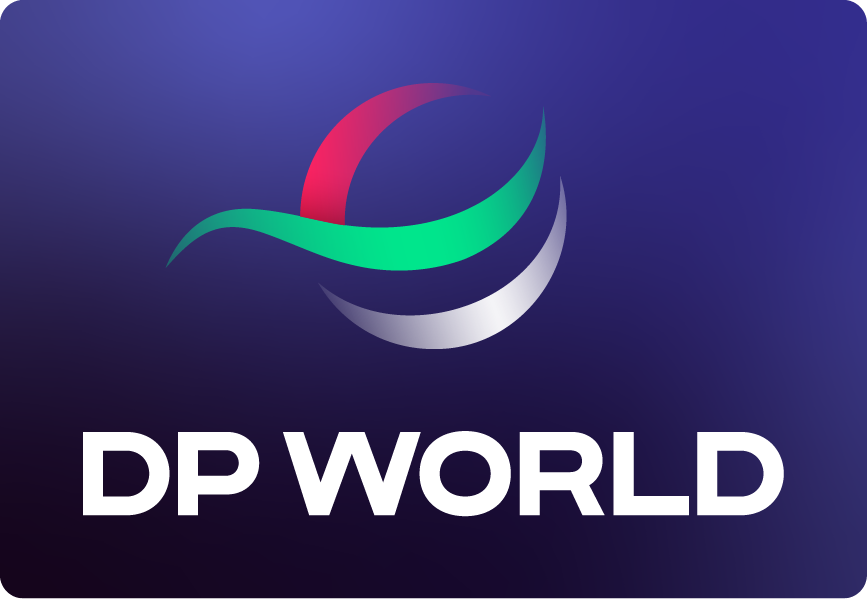
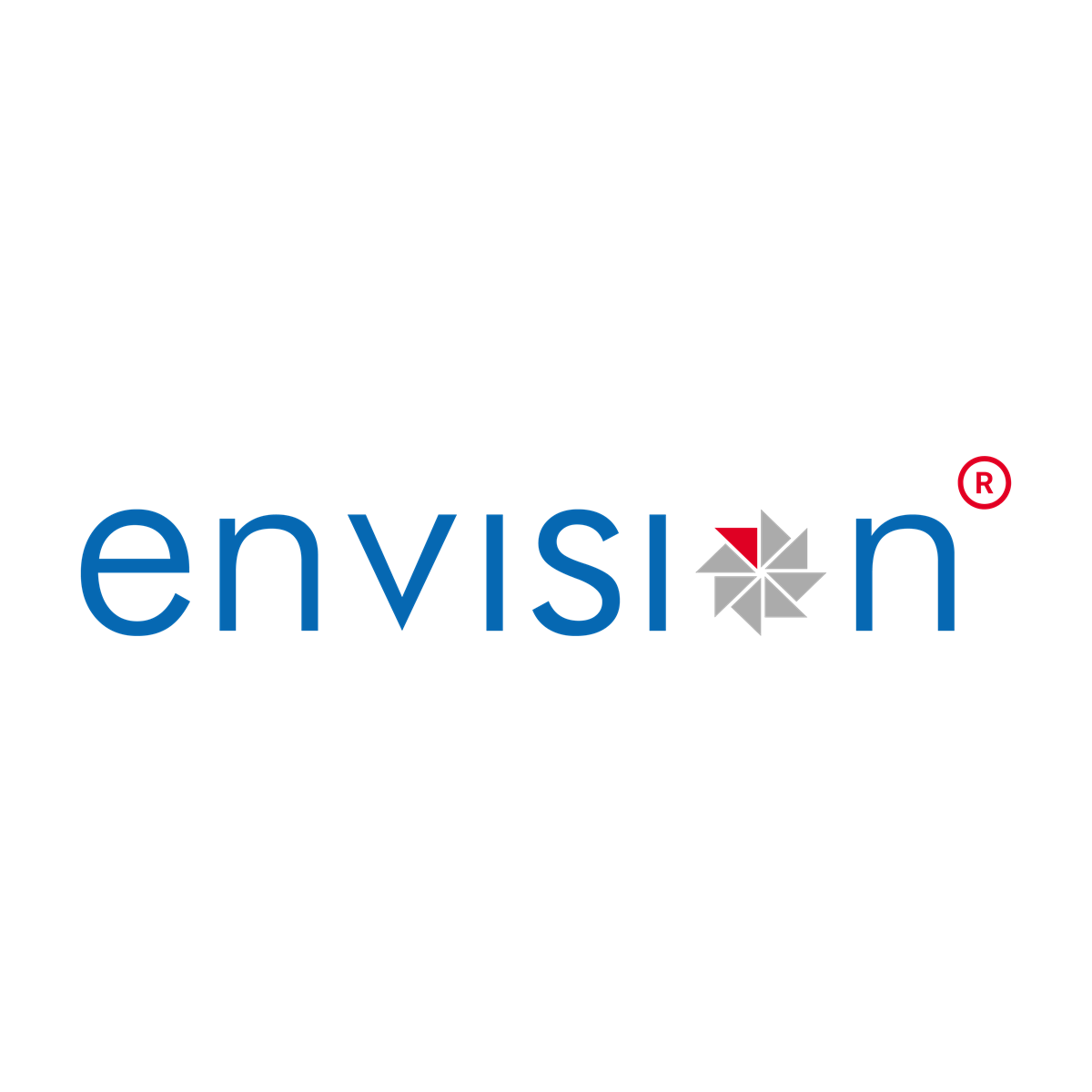

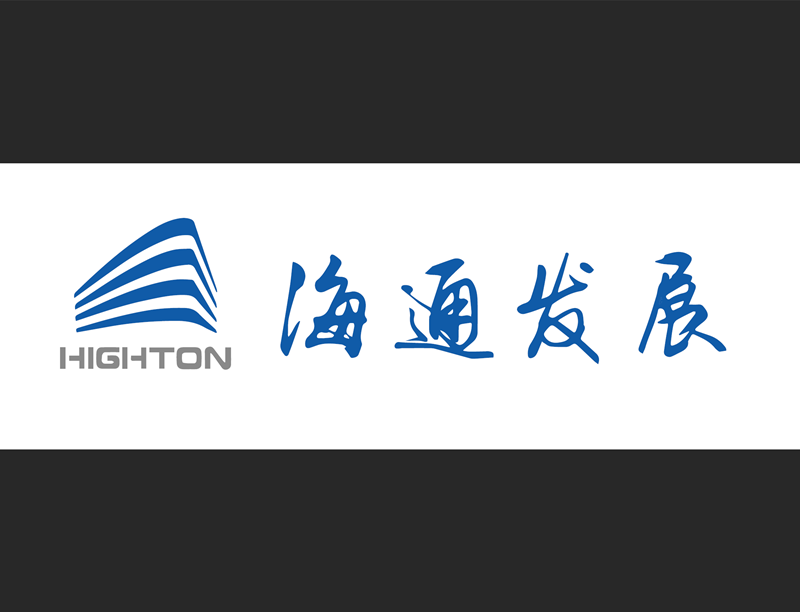
-(1).jpg?ext=.jpg)
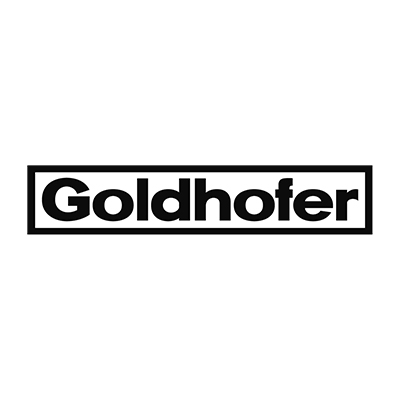
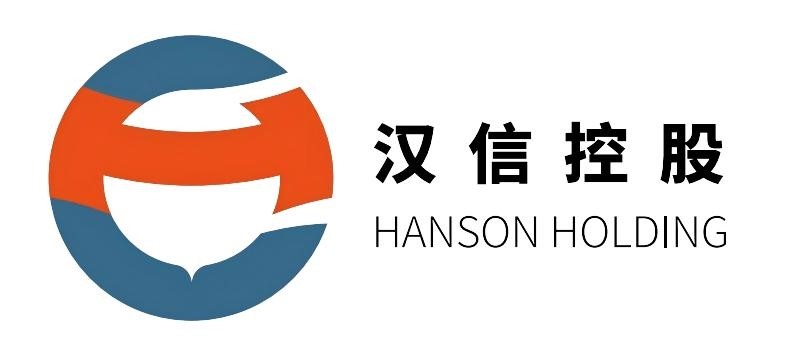
.png?ext=.png)
_2.jpg?ext=.jpg)
